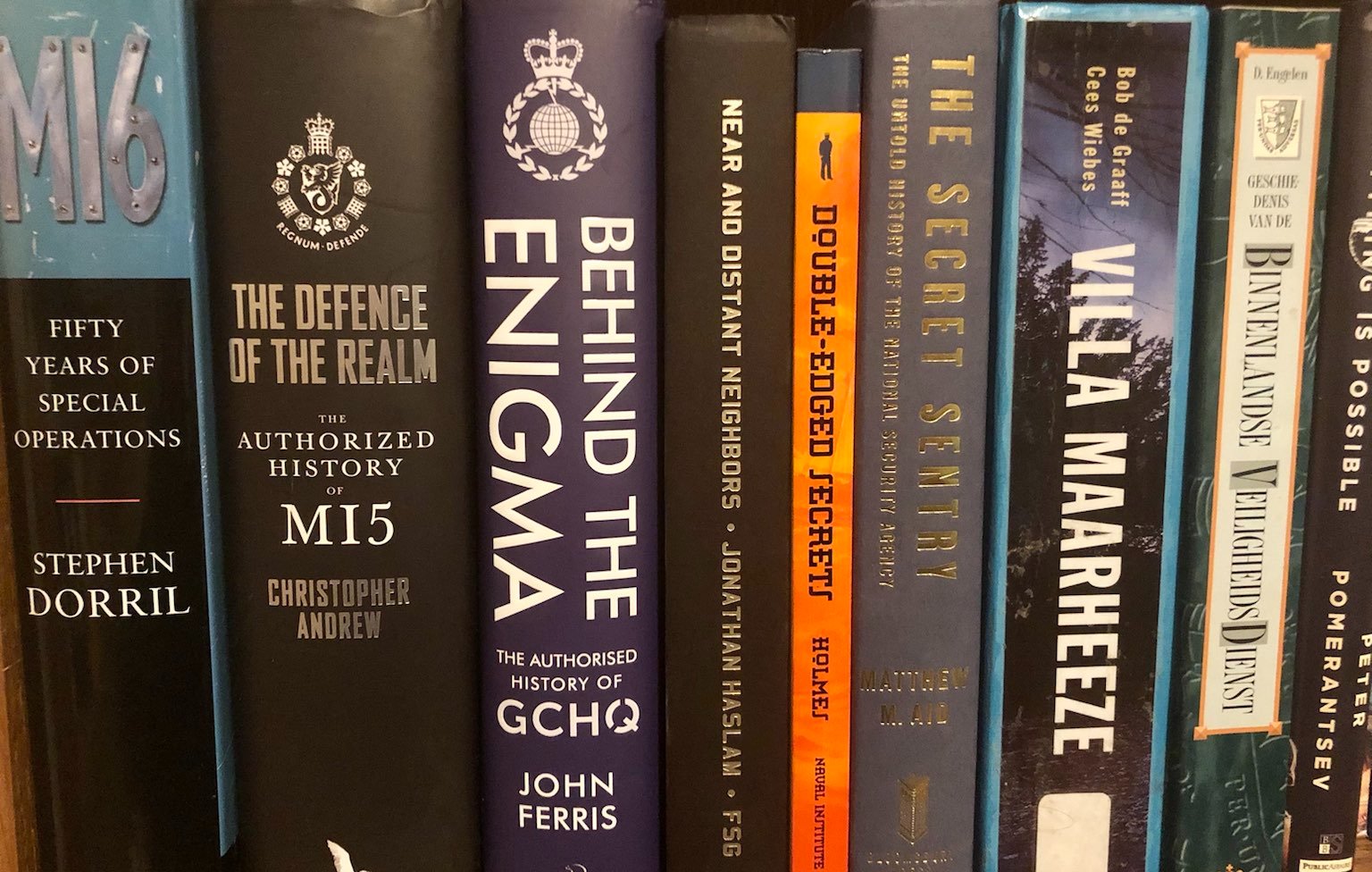Smithsonian – “Smithsonian - This Calculator Estimates Your Risk of Getting Covid-19The online tool draws on recent data to approximate your chances of contracting the virus in different scenarios. As the Covid-19 Delta variant shifts what we consider to be “safe” and “unsafe” activities, a new online tool called the microCOVID Project is attempting to quantify those evolving risks. The model assesses a given scenario—say, a vaccinated person eating at an indoor restaurant with friends—in a specified county of the United States and produces an estimated risk of contracting Covid-19. “It gives you a kind of common playing ground for understanding all sorts of activities,” says Ben Shaya, a contributor to the microCOVID project. “It separates some of the emotional load out of it.”
The US passed another grim milestone, even as people in some regions remain stubbornly resistant to vaccines and masking
It’s hard to think of a time in the last fifty years when the world was simultaneously wracked by so many awful crises. Pandemic, natural disasters, refugee emergencies, global warming, social injustice: the list just goes on and on.
Many corporate-backed initiatives have been launched to attack each of these dreadful phenomena individually, but there has also been a rise in the number of generalized “kindness” campaigns.
Instead of attacking a particular problem head on, these programs encourage people to act nicely toward one another. A few recent examples:
— Hallmark announced it would give away as many as 1 million cards from its Little World Changers collection that encourages kids to make a difference through acts of kindness
Forbes: Should Kindness Campaigns Make Us Sad Or Glad?
Even people who have worked on the inside for many years often lack the bigger picture of just what they joined. “Need to know” means that random curiosity is not encouraged, even though there is a lot that is “nice to know” or even “good to know”.
A broader understanding of things can be very helpful, for example when we ponder if the money spent on intelligence agencies might not be better spent elsewhere. Or why everything has to be so secretive. Furthermore, we’d like to have a reasoned opinion of when the inherent violation of trust and privacy by agencies is actually worth it.
Although these are uncomfortable questions, we should not shy away from thinking about them.
One way for both insiders and outsiders to gain a fuller understanding of intelligence and security agencies is to read books. I am particularly fond of compelling works that at least claim to be true. These are much more readable than the many official or authorized histories that agencies publish about themselves. I’ve yet to finish any of these typically massive books (BVD/AIVD, MI5, MI6,GCHQ).

In addition, almost everything by John le Carré is worth reading. Although his works are most definitely fiction, they paint a literary picture of the world of espionage that, like the best paintings, exposes the nature of reality much better than the real thing.
Other books on this page claim to be factual, but often won’t fully be. Some of these books have gone through checks by intelligence agencies to see if nothing classified is in there. Sometimes authors claim only a few sentences were changed.
The writers however knew their books would be vetted, so it is foreseeable they left out material they knew would upset their national security agencies.
Particularly defectors have a strong incentive to describe what happened to them in a favourable light, or to caricature their former employer. Other authors depended on official archives for their works. These too might paint a one-sided picture.
I do think however that a lot of useful things can be learned from the books below, even though many of them describe events from decades ago. But, some things never change.
One thing I do promise you: all these books are extremely entertaining reads!
Tower of Secrets: A Real Life Spy Thriller
Amazon. Written by Victor Sheymov, a Russian defector.
Sheymov worked for the KGB, with responsibilities for their cipher communications. Eventually he grew frustrated with communism and in 1980 he managed to defect to the US, taking his family with him.
The opening chapters already paint an extremely interesting picture of KGB information and physical security practices. The book also unveils several acoustic & electrical spying techniques that we don’t hear much about today.
leverage edu - eBooks vs Printed Books: Which are better?: “Books give us solace when the going gets hard. Opening up hundreds of worlds as the pages flip, books are a secret door to an undiscovered place. Do the pages flip or are swiped? With the advent of technology, printed books are both the only format available to readers worldwide. ebooks have taken the world by a storm since their inception and continue to enthrall readers with various advantages. But the debate over which is better, ebook vs printed books hasn’t come to an end and as days pass, becomes harder. Picking one over the other can be a nerve-wracking dilemma and the conflict of ebooks vs printed books seems nowhere near ending. This blog is an attempt to pitch one against the other and see the advantages and disadvantages of each. If you are one of those million readers facing the problem, join the club and read this blog to make a satisfactory pick…”
See also:
- Ebooks Are an Abomination
- How Reading ebooks Changes Our Perception (and Reviews)
- Paper Books vs eBooks Statistics, Trends and Facts [2021]
- This survey shows that people prefer printed books – even in the digital age
- 8 Reasons Physical Books Are Way Better Than eBooks
- E-Books vs. Print Books: What’s the Difference?